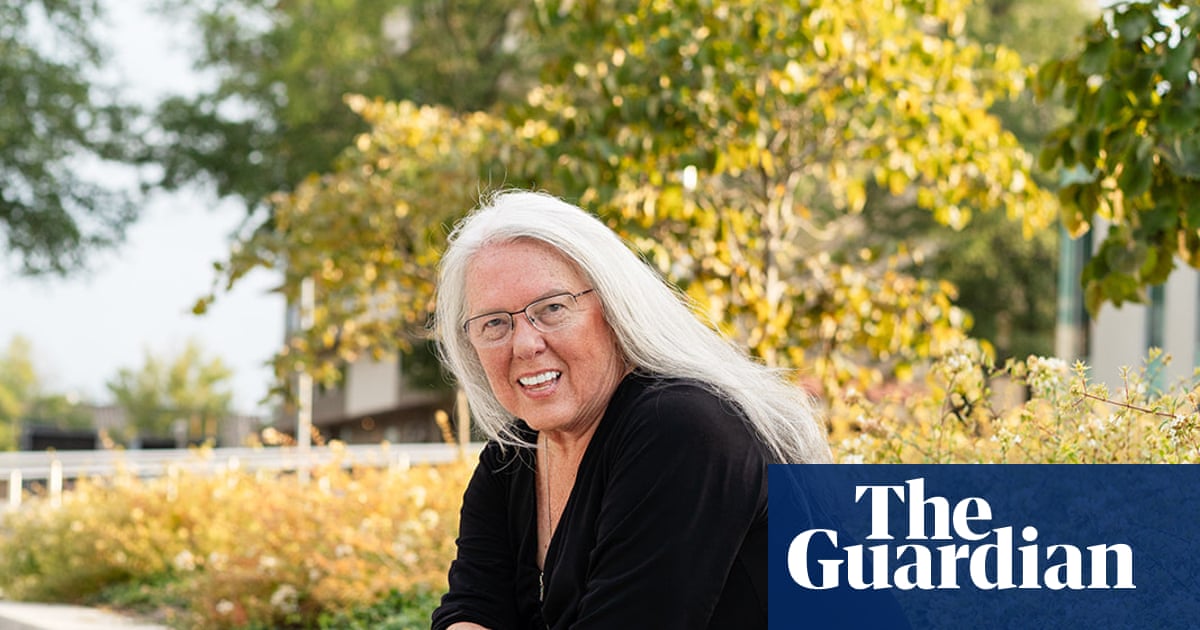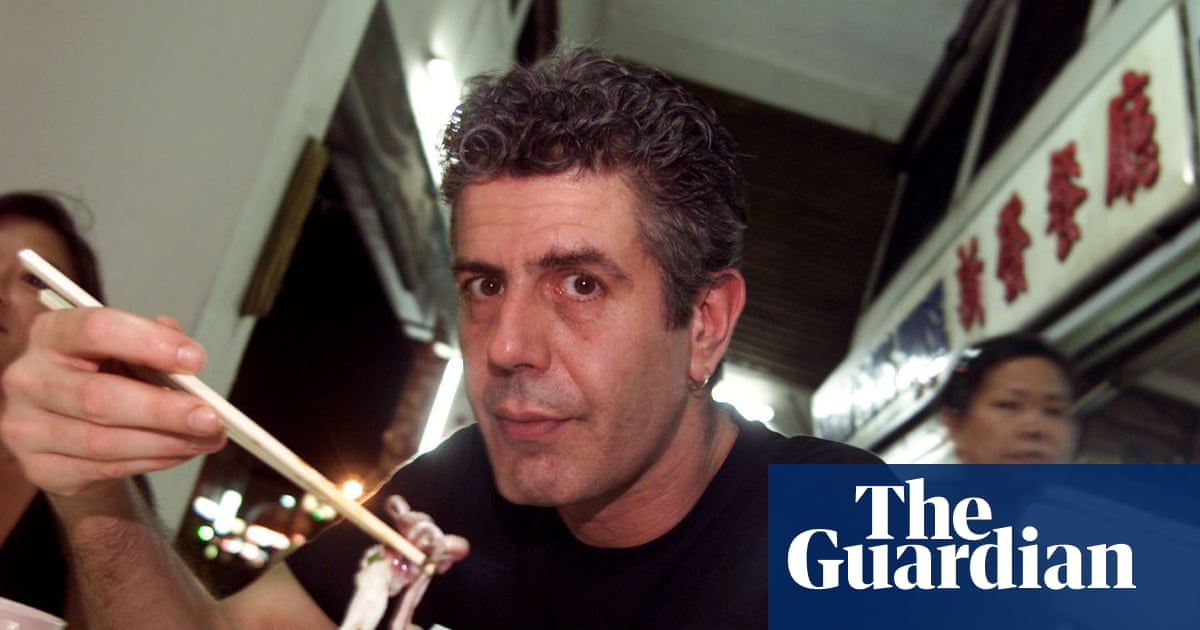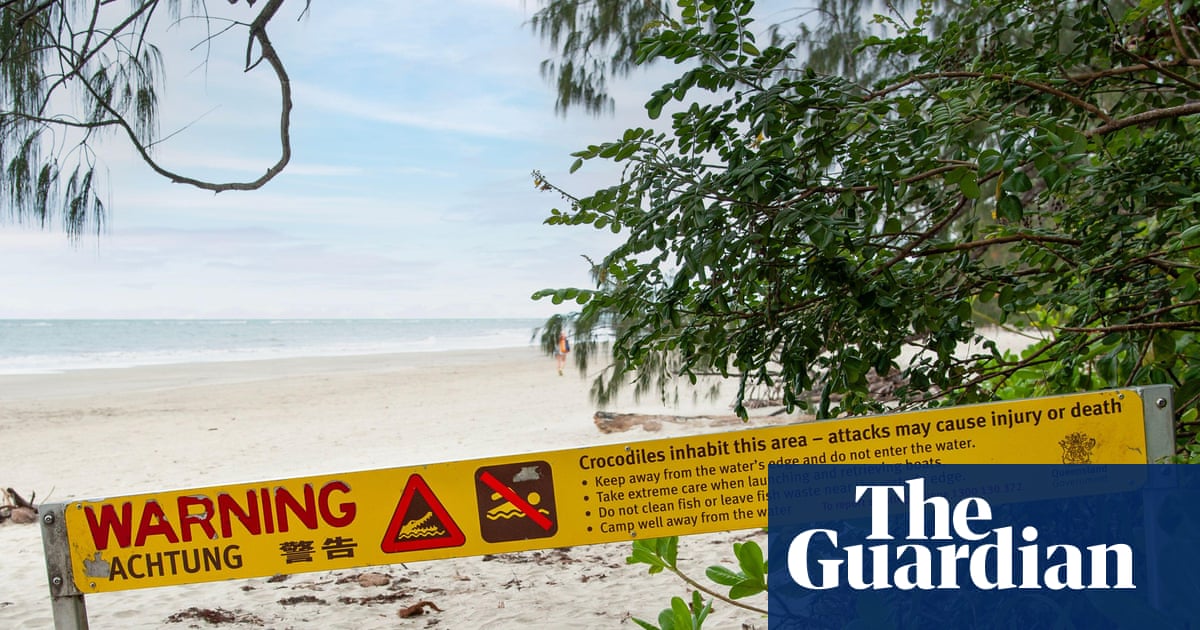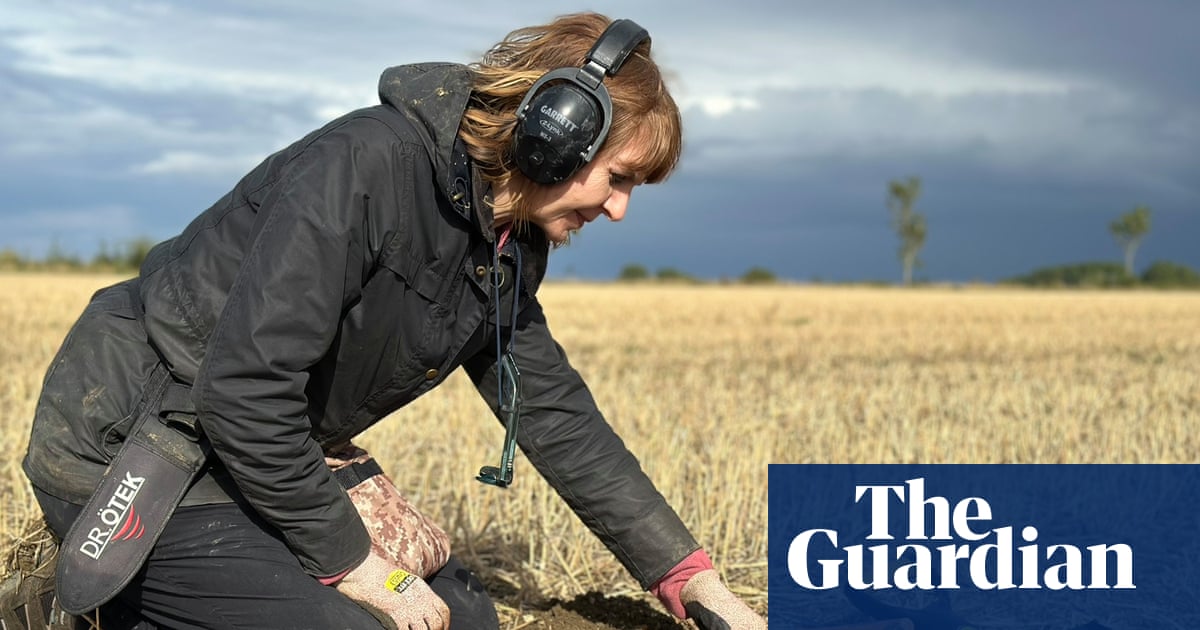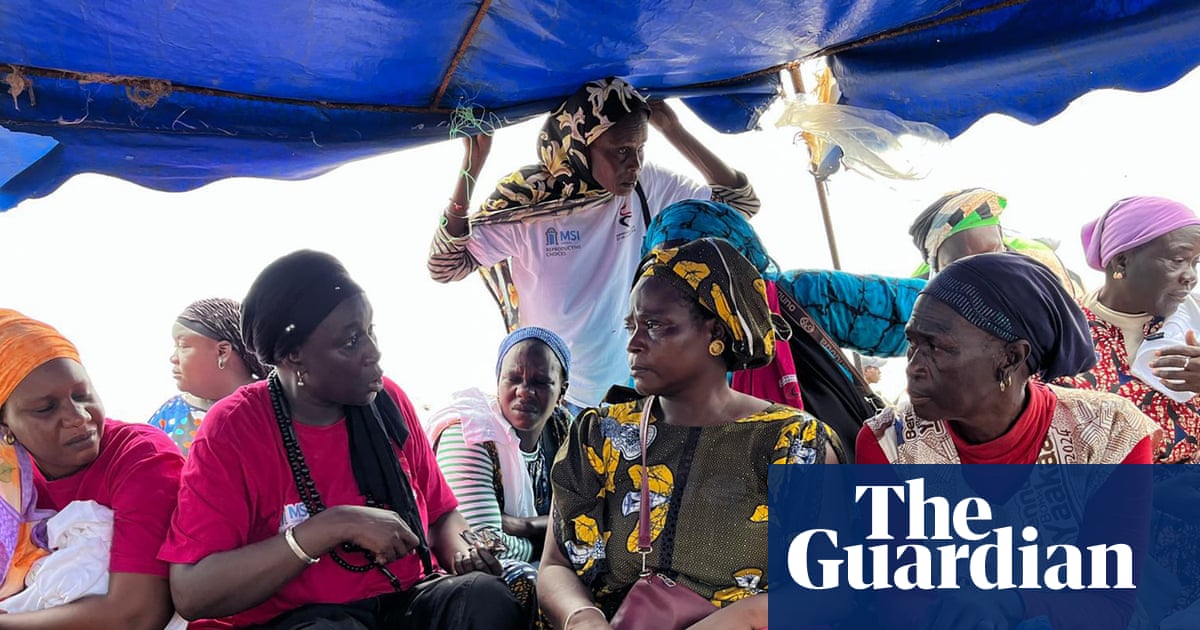One day after Donald Trump’s inauguration, five pregnant immigrant women – led by an asylum seeker from Venezuela – sued over the president’s executive order limiting automatic birthright citizenship, out of fear that their unborn children would be left stateless.
The case went before the supreme court, which sided with the Trump administration Friday by restricting the ability of federal judges to block the order.
The legal drama recalls a scene a century and a half earlier, when a different cohort of immigrant women went to the country’s highest court to challenge a restrictive California law. In 1874, San Francisco officials detained 22 Chinese women at the port after declaring them “lewd and debauched” – a condition that allowed for denial of entry.
The supreme court sided with the women and struck down the law, delivering the first victory to a Chinese litigant in the US. But its ruling also established the federal government’s exclusive authority over immigration, paving the way for the passage of the Page Act of 1875, the first piece of federal legislation restricting immigration.
Trump’s hardline immigration-enforcement strategy, which has focused on birthright citizenship and sparked a family-separation crisis, bears resemblance to the restrictive laws against Chinese women in the late 19th century, which historians say led to lasting demographic changes in Chinese American communities. Political campaigns of both eras, experts say, sought to stem the growth of immigrant populations by targeting women’s bodies.
“What the Page Act, the Chinese Exclusion Act and birthright citizenship all have in common is the battle over who we deem admissible, as having a right to be here,” said Catherine Lee, an associate professor of sociology at Rutgers University whose research focuses on family reunification in American immigration. “And the terrain on which we’re having these discussions is women’s bodies and women’s sexuality.”
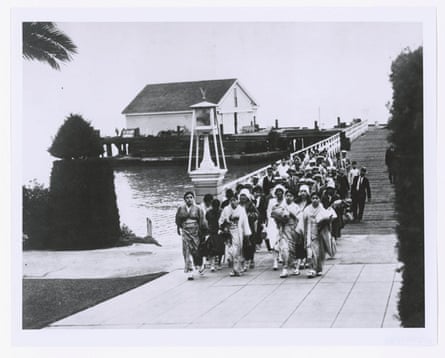
The Page Act denied entry of “lewd” and “immoral” women, ostensibly to curb prostitution. While sex workers of many nationalities immigrated to the US, experts say local authorities almost exclusively enforced the law against women of Chinese descent. More than curbing immigration, Lee said, the legislation set a standard for determining who was eligible for citizenship and for birthing future generations of Americans.
The law placed the burden of proof on Chinese women themselves, research shows. Before boarding a ship to the US, the women had to produce evidence of “respectable” character by submitting a declaration of morality and undergoing extensive interrogations, character assessments and family background checks.
At the same time, doctors and health professionals smeared Chinese women as carriers of venereal diseases, Lee said. J Marion Sims, a prominent gynecologist who led the American Medical Association at the time, falsely declared that the arrival of Chinese women had caused a “Chinese syphilis” epidemic.
Bill Hing, a law and migration studies professor at the University of San Francisco and author of Making and Remaking Asian America, said the Page Act was “an evil way at controlling the population” to ensure that the Chinese American community wouldn’t grow.
The law did drastically alter the demographics of the Chinese population. In 1870, Chinese men in the US outnumbered Chinese women by a ratio of 13 to 1. By 1880, just a half decade after the law’s passage, that gap had nearly doubled, to 21 to 1.
One legacy of the Page Act, Hing said, was the formation of “bachelor societies”. The de facto immigration ban against Chinese women made it virtually impossible for Chinese men to form families in the US, as anti-miscegenation laws forbade them from marrying women outside their race.
Today, Hing said, attempts to repeal birthright citizenship is another way of suppressing the development of immigrant populations. “It falls right into the same intent of eliminating the ability of communities of color to expand,” he said.
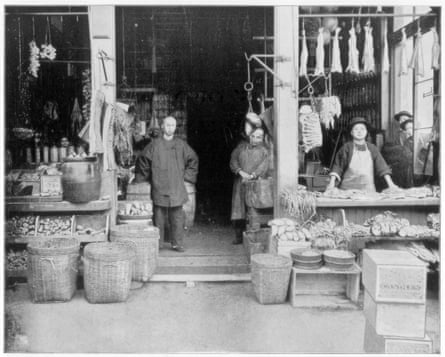
Trump’s January executive order, which would deny citizenship to US-born babies whose parents aren’t citizens or green-card holders, employs a gendered line of argument similar to that of the Page Act, Lee said. (The government has lost every case so far about the executive order, as it directly contradicts the 14th amendment.)
In a 6-3 vote Friday, the supreme court ruled that lower courts could not impose nationwide bans against Trump’s executive order limiting birthright citizenship. The ruling, which immigrant rights advocates say opens the door for a partial enforcement of the order, doesn’t address the constitutionality of the order itself.
“Birthright citizenship assumes that women are having sex,” Lee said, “and whether she’s having sex with a lawful permanent resident or a citizen determines the status of her child.”
Congressional Republicans continue to employ gendered and racialized rhetoric in their attacks on birthright citizenship and so-called “birth tourism”, the practice of pregnant women traveling to the US specifically to give birth and secure citizenship for their children. Political and media attention on the latter issue has been disproportionately focused on Chinese nationals.
Last month, the Republican senator Marsha Blackburn of Tennessee introduced a bill that bans foreign nationals from “buying” American citizenship. She called “birth tourism” a “multimillion-dollar industry” exploited by pregnant women from “adversaries like communist China and Russia”.
Although the extent of “birth tourism” is unknown, studies have shown that it comprises just a small portion of US-born Chinese infants. Many are born to US citizens or permanent residents, who form more than a majority of the foreign-born Chinese population. (A decade ago, Chinese “birth tourists” accounted for just 1% of all Chinese tourists visiting the US.)
Virginia Loh-Hagan, co-executive director of the Asian American Education Project, said a long-lasting ramification of the Page Act is the “exploitation, fetishization and dehumanization” of Asian women that has led to deadly hate crimes, such as the spree of shootings at three Asian-owned Atlanta spas in 2021.
“If immigrants in this country were denied the opportunity to build families and communities,” Loh-Hagan said, “then they have less community strength, less voice and power in politics and governance of this country.”

 3 months ago
55
3 months ago
55

